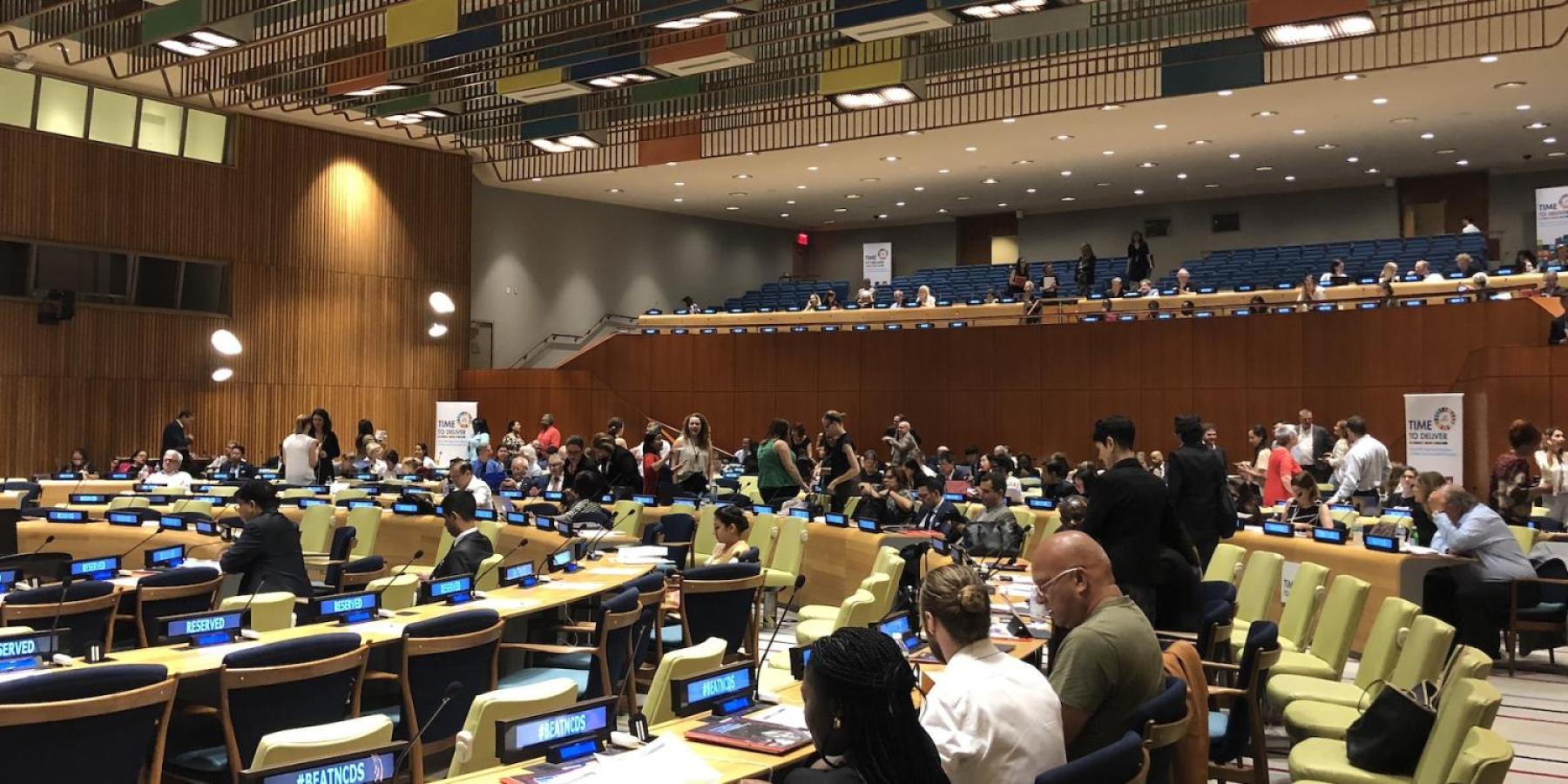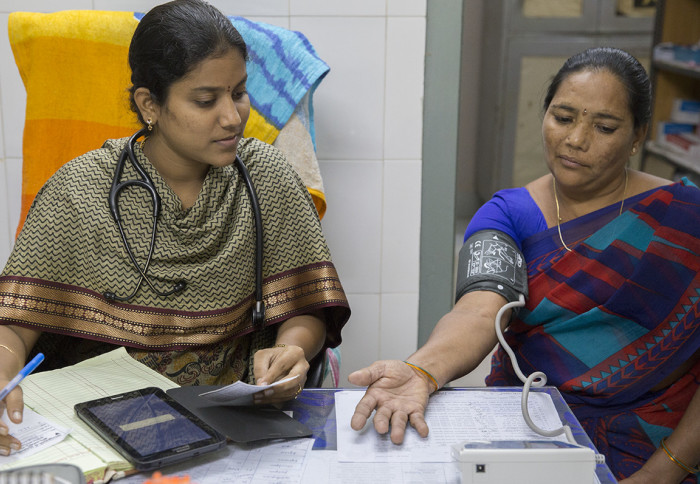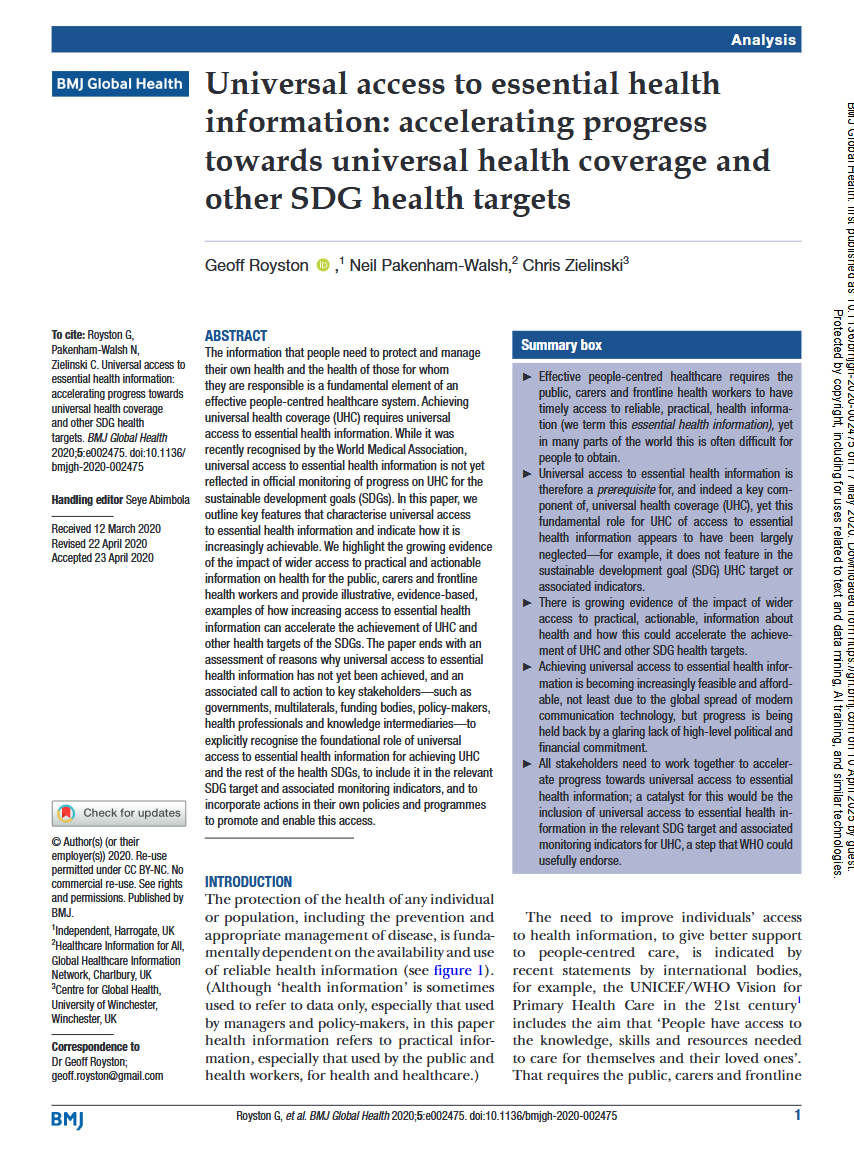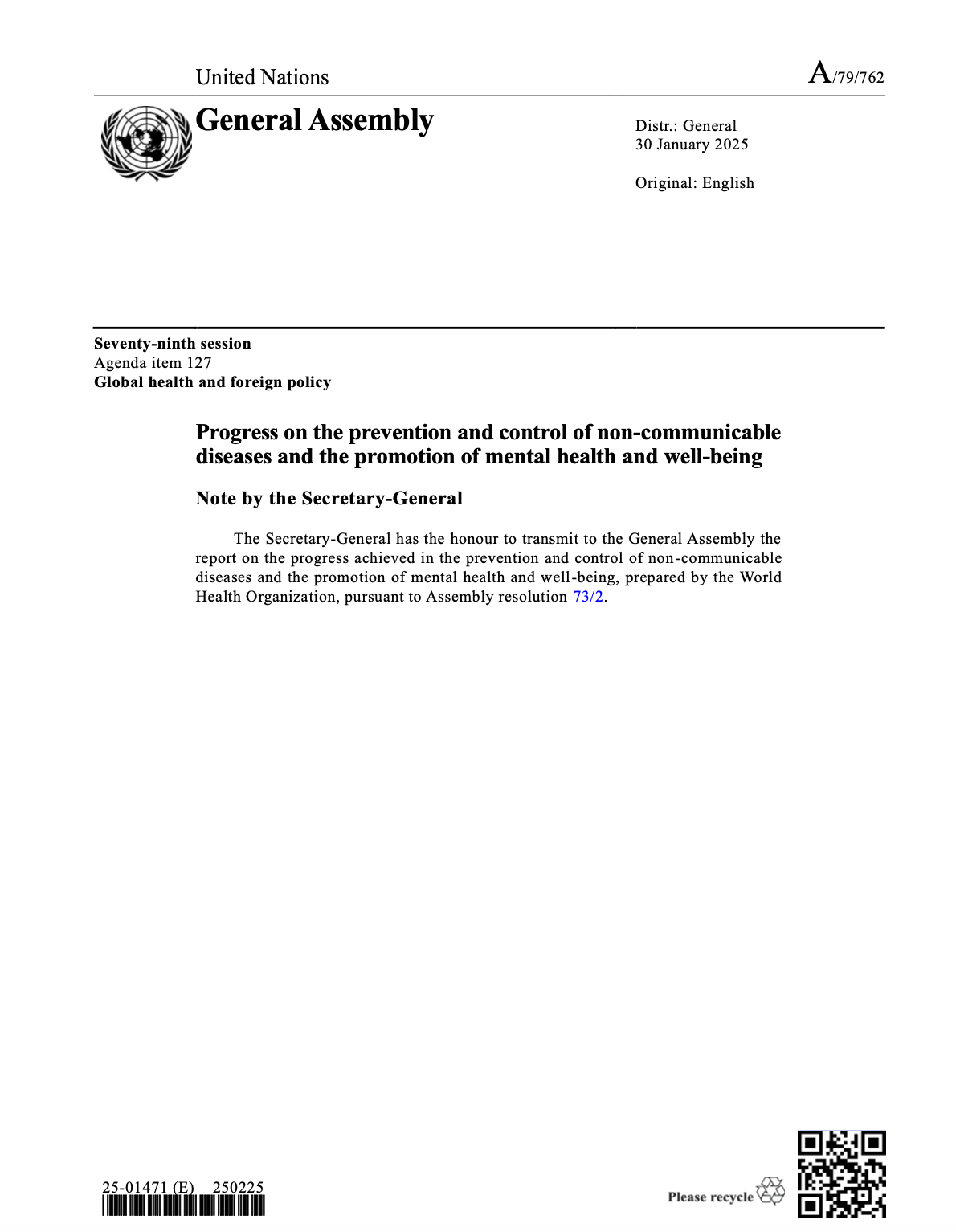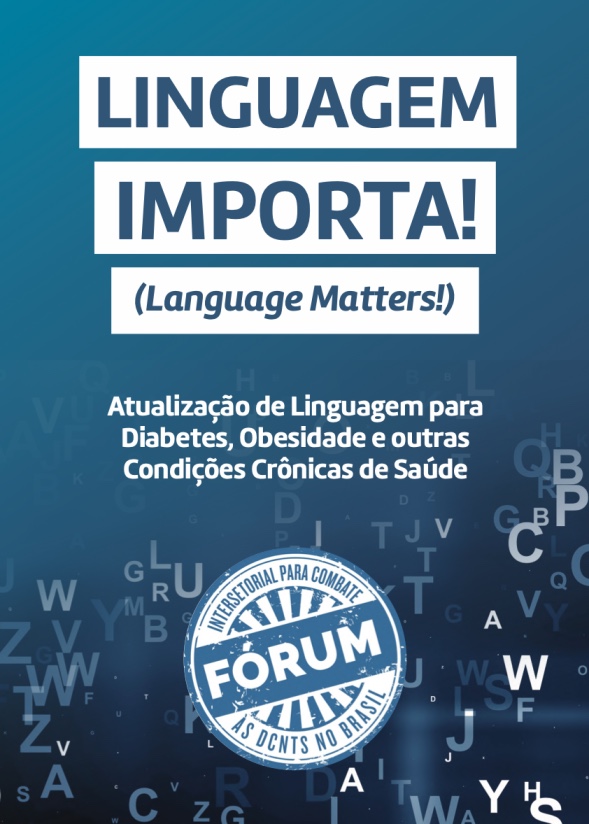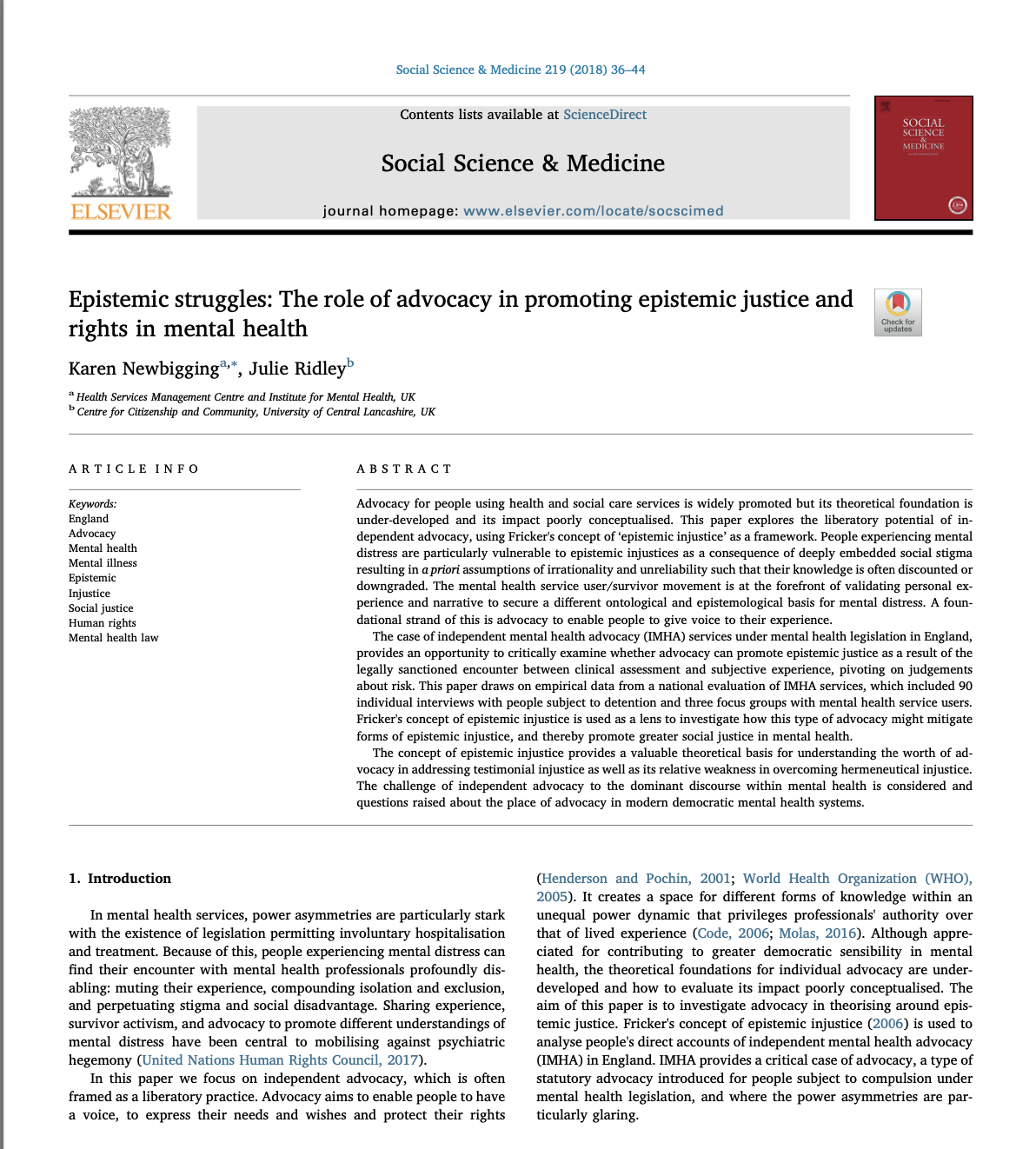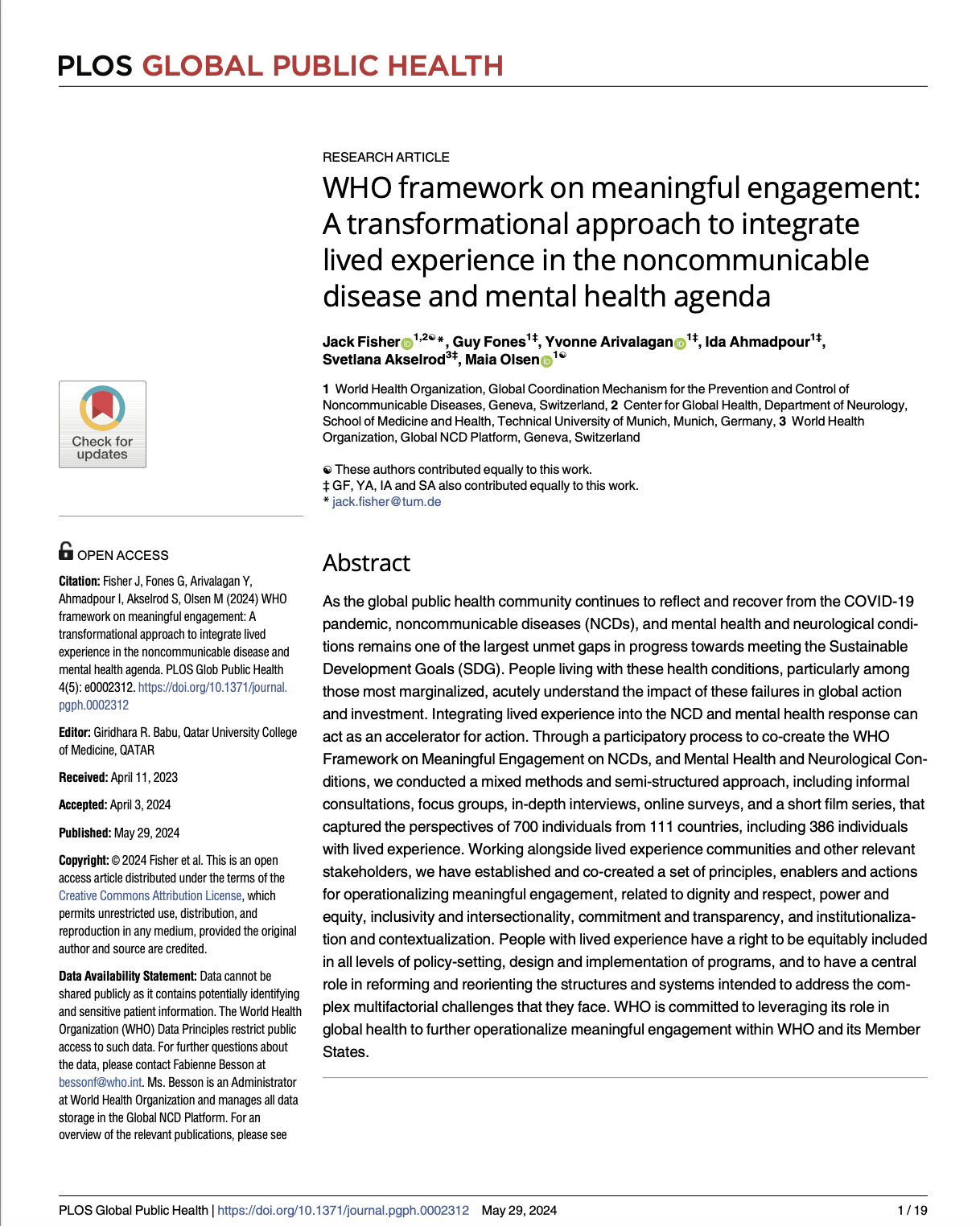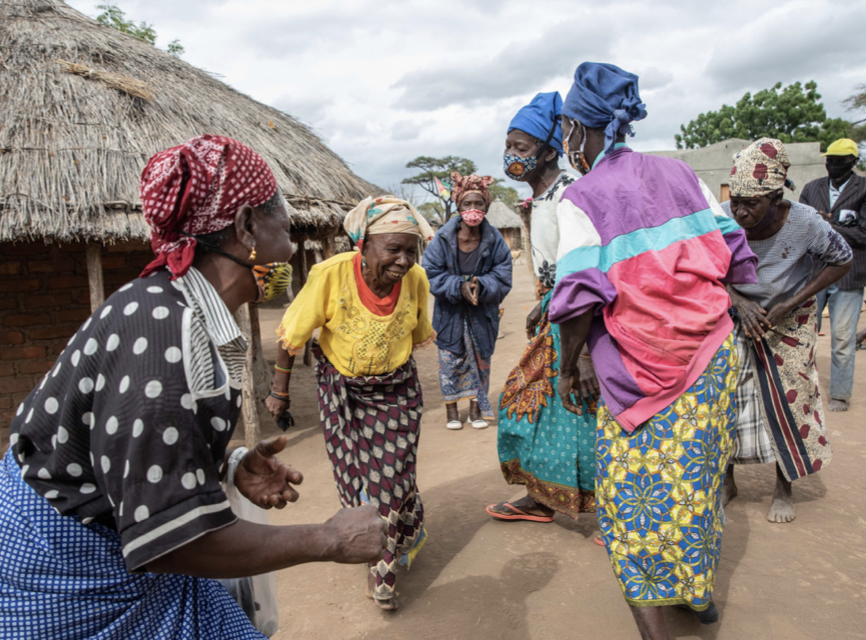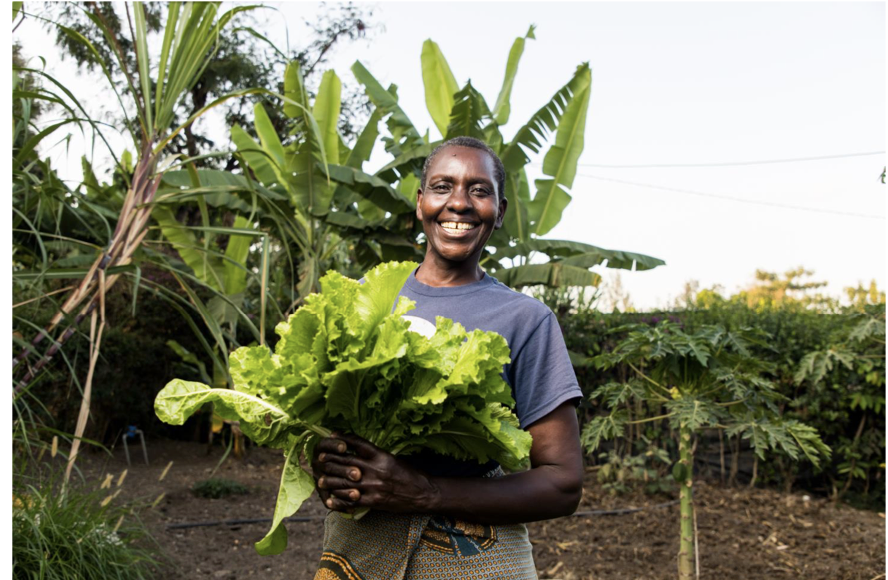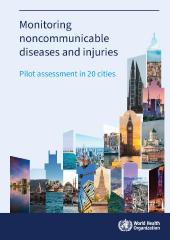The George Institute for Global Health
Statement for Multi-stakeholder Hearing on the Prevention and Control of NCDs - A Call to Action: Making good on the promise of gender mainstreaming to address global health in
Declaration
02 May 2025
NCDs are the leading cause of death and disability for women globally – accounting for nearly two-thirds of all female deaths, up to 19 million deaths every year. Around the world, girls and women living with or at risk of developing NCDs experienc...

